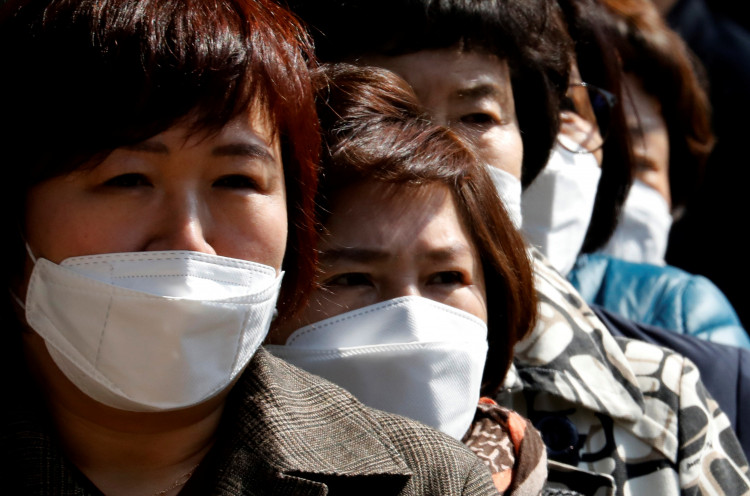China and other countries are in the midst of the coronavirus outbreak that has already taken thousands of lives and infected over 90,000 people. Economists believe multiple economies will be battered by the CoVID-19 crisis.
China Businesses Struggle with Reopening
According to CNN, economic activity in China saw a significant decline last month as companies faced difficulties in getting back to the usual operations. Beijing ordered the temporary closure of multiple businesses amid the coronavirus outbreak.
One of the biggest bombs that sent shockwaves to the global economy was Chinese media group Caixin's revelation on Wednesday that the purchasing managers index (PMI) dropped to 26.5 in February.
The shocking drop in factory activity largely affected the PMI data in February as extended closures were implemented across China in efforts to contain the fast-spreading Wuhan coronavirus.
Chinese Service Sector Confidence Plummets
Aside from the decline in factory activity, confidence in China's service sector also dropped to 29.6 in February, compared to 54.1 in January. It was also the lowest recorded figure since November 2011, the South China Morning Post reported.
Chairman and chief economist at CEBM Group Zhengsheng Zhong noted that a slowdown in Chinese consumption also had a negative effect on the overall service sector.
During the peak of the coronavirus outbreak in China, streets were empty of people as Chinese consumers opted to stay at home for fear of contracting the highly-infectious disease.
Australia Announces Stimulus Amid CoVID-19 Battle
The Australian government on Wednesday announced immediate support for small and medium-sized business as part of its plan to stimulate the economy being devastated by the global coronavirus crisis.
According to The Guardian, the stimulus package is expected to come around within a few days as economic experts continue to warn global economies about the massive impact of the coronavirus.
News of the stimulus package came after business groups across the country called on economic assistance from the government. Operations were hit when the CoVID-19 outbreak started in Asia in January.
The package also includes financial boost for Australians receiving pension.
CoVID-19 Crisis Hits U.S. Manufacturing and Tourism
A survey compiled by the U.S. Federal Reserve's 12 regional banks and released on Wednesday revealed that there has been moderate growth in manufacturing chains and tourism segments across the country.
Manufacturers in the country are starting to see some delays in supply chain operations, considering that China and other Asian countries engage in trade, the report said.
Aside from manufacturing issues, the tourism sector has also started seeing declines in Chinese travels to the United States. Travel bans were implemented since the coronavirus outbreak, driving a decline in Chinese tourists visiting the country.
The report further revealed that since the CoVID-19 crisis started, there has been an apparent decline in aircraft demand from Southeast Asian countries and China.
The issues presented on the survey called the beige book are expected to be discussed by Fed officials who will meet later this month. It remains to be seen whether the rising number of coronavirus deaths and infections in the U.S. will have a bigger-than-expected impact on the American economy.
Monetary Policy Not Enough to Salvage Global Economy?
Some economists and investors said on Thursday that even monetary policy adjustments may not do enough to salvage the declining global economy that's seen more beatings since the CoVID-19 outbreak started.
Multiple central banks have lowered interest rates to help curb the coronavirus' impact on the economy. However, some banks have touched negative ground on lowering interest rates, yet there's not much progress in economic activity, experts argued.
With negative territory insight for many central banks, analysts warned that there may not be enough space for lowering rates further should the coronavirus situation turn into a real-time pandemic.






